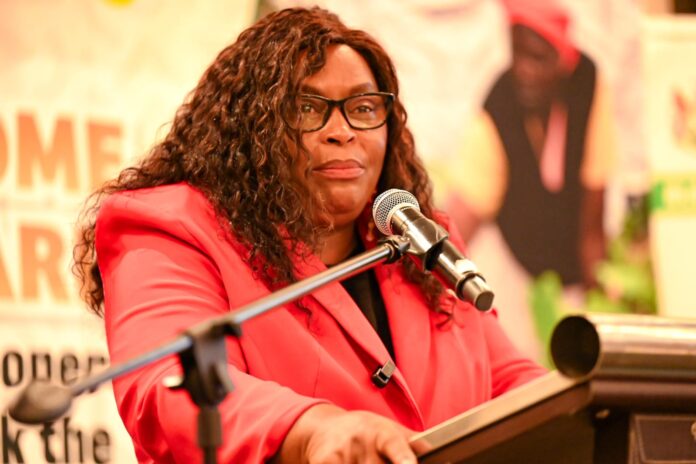The province of KwaZulu-Natal, one of the largest producers of beef, dairy products, sugarcane, bananas, timber, and citrus fruits, is facing a crisis of aging farmers.
On average, the good farmers within the province are in their 60s. And according to the province’s MEC for Agriculture and Rural development, Thembeni KaMadlopha Mthethwa, that is a cause for concern.
KaMadlopha-Mthethwa wants the ageing generation to pass on their skills to the younger ones. In this way, the province can continue to produce enough food to feed its population and export the surplus to the outside world.
MEC pleads for skills transfer
She made this plea in Durban on Thursday during a post-budget engagement with various stakeholders in the sector. Among those who were present were sugarcane farmers, feedlot owners, and dairy farmers.
“In the province, we have a challenge of ageing farmers, please transfer your skills to young people. And that (the ageing) is a cause for concern. You come across a very good application (for funding or support), but the father is 60 or 65. The average age for farmers is now 63. And that is the state. In future, each and every farmer must be a young person, each and every farmer must be female,” she told the gathering.
Among the topical issues that were raised by the farmers was the need to move fast to contain the outbreak of foot and mouth disease, which is mainly ravaging the Uthukela, Umzinyathi and Amajuba districts.
The farmers raised concerns that if the current efforts are not intensified, the disease will take hold. And it will wipe out farmers who are already facing headwinds in their businesses.
Effects of power cuts
The farmers also raised concerns regarding the supply of electricity. They said frequent cuts have made it difficult to run their businesses. And that poses a threat to the economy of the province. They also raised concerns about the state of rural roads. The roads are in a bad state and make it difficult to take their products to the market. They appealed to the provincial government to fix them.
Out of its R2.7-billion budget for the 2025-2026 financial year, the department has allocated R1.8-billion to serve farmers in various programmes.



